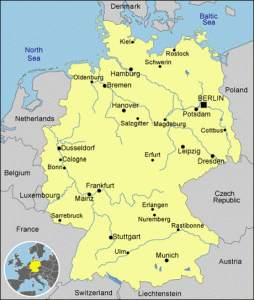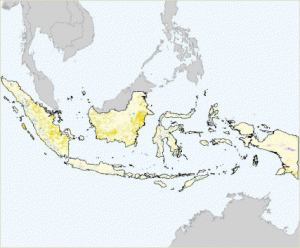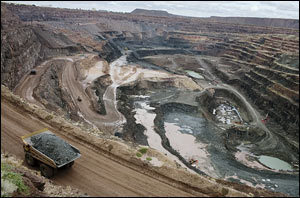How Big is Germany?
One of the Central European countries, Germany is  officially referred to as the Federal Republic of Germany. It is surrounded by the Baltic Sea, North Sea and Denmark to the north, the Czech Republic and Poland to the east, Switzerland and Austria to the south and the Netherlands, Belgium and France to the west. In the European Union, it is the country with the largest population. Aside from these fascinating facts, there are other interesting things to know about this place including the size of Germany.
officially referred to as the Federal Republic of Germany. It is surrounded by the Baltic Sea, North Sea and Denmark to the north, the Czech Republic and Poland to the east, Switzerland and Austria to the south and the Netherlands, Belgium and France to the west. In the European Union, it is the country with the largest population. Aside from these fascinating facts, there are other interesting things to know about this place including the size of Germany.
The Size of Germany
How big is Germany? The total land area covered by Germany is 137,847 square miles or 357,021 square kilometers. It is the 63rd largest country in the world, with Berlin as its capital and largest city, which has a total land area of 344.3 square miles or 891.82 square kilometers. The territory covered by this country measures 137,847 square miles or 357,021 square kilometers. In terms of population, it ranks 14th overall with 82,060,000 as of December 31, 2008.
Additional Facts and Other Interesting Details
In terms of economics, Germany has the biggest national economy in the whole of Europe. Worldwide, it has the fourth biggest by nominal gross domestic product. It is the top exporter in the world, with an estimated $1.133 trillion exports in 2006. It has a strong service sector, which contributes approximately 70 percent of the country’s total gross domestic product. The country specializes in engineering products such as metals, machinery and automobiles.
There are 37 German-based companies listed on the Fortune Global 500. Allianz, Volkswagen and Daimler led the 10 largest business enterprises in the country in 2007. Next to them are BASF, Metro, Deutsche Telekom, Deutsche Post, E.ON, Deutsche Bank and Siemens. The biggest employers in the nation include Edeka, Robert Bosch GmbH and Deutsche Post. It is also home to highly successful global brands like BMW, SAP and Mercedes Benz. The same also goes for companies such as Nivea, Volkswagen, Porsche, Audi and Adidas.
Germany plays a highly important role in Europe in terms of transportation. This is very evident especially with the modern and dense transportation networks of the country. Its government continues to promote the conservation of energy. Additionally, it also aims to develop and cultivate renewable energy resources even more, especially geothermal energy, biomass and solar energy. The German nuclear power industry agreed with the German government to remove completely nuclear power plants by the year 2021.
The country features numerous large cities, the most populated of which are Munich, Hamburg and Berlin. Some of the other huge cities in the country are Stuttgart, Frankfurt as well as Cologne. In terms of religion, the biggest denomination is Christianity, which is made up of approximately 52 million adherents.





